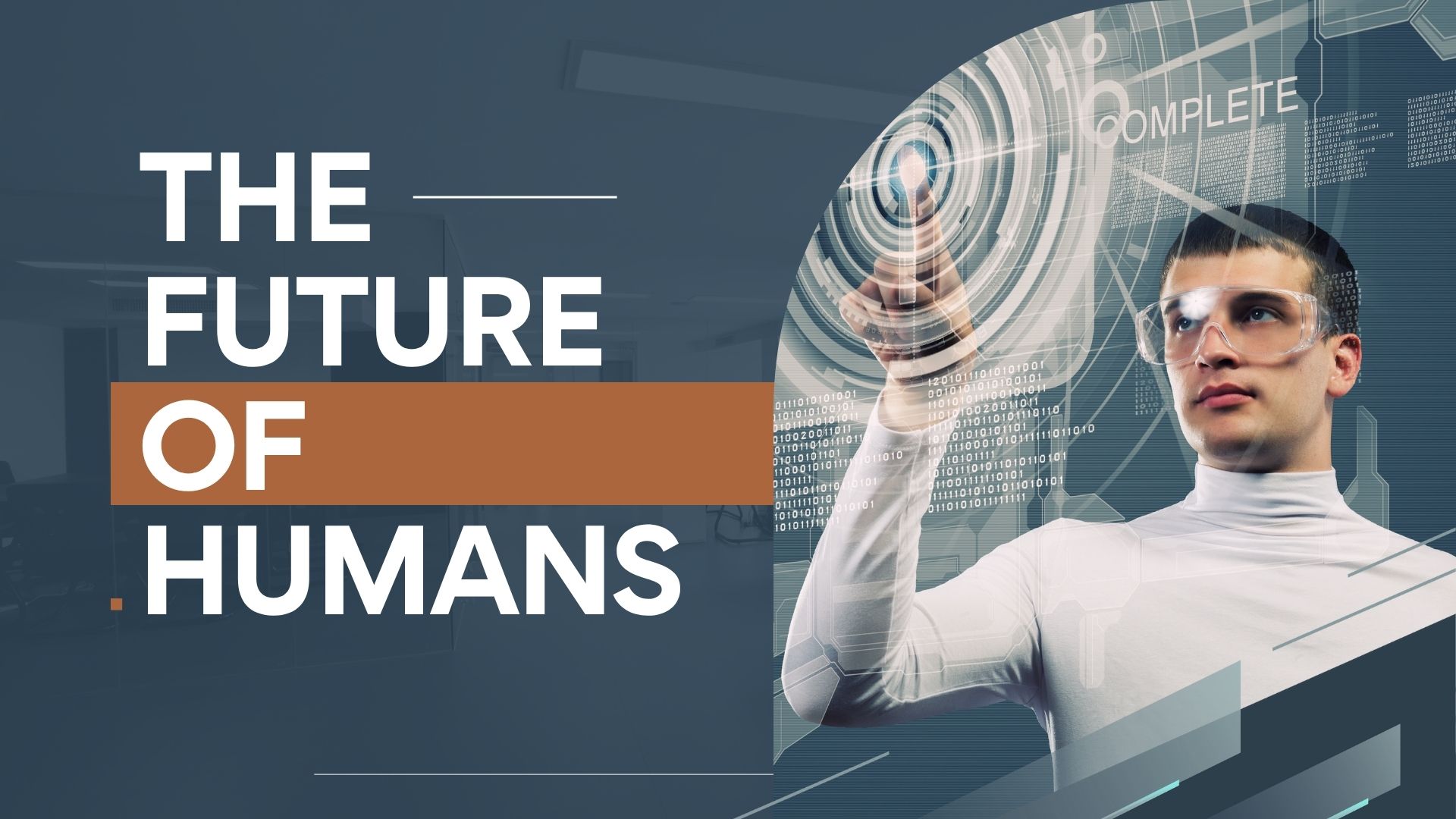Future Of Humans
The Future of Humans
The future of humans is a topic that has fascinated philosophers, scientists, and visionaries for centuries. With the rapid advancement of technology, space exploration, artificial intelligence, and biotechnology, humanity is on the brink of an era that could redefine what it means to be human. As we look forward, it is important to understand not just the possibilities but also the challenges that lie ahead. The choices we make today will determine whether the future of humans is one of harmony and innovation or one of imbalance and conflict.
One of the most exciting prospects for the future of humans is the integration of advanced technology into our daily lives. Devices that were once considered science fiction—such as augmented reality glasses, neural implants, and AI assistants—are becoming increasingly real. In the coming decades, humans may experience a merger with technology, enhancing our physical and mental capabilities. This concept, often referred to as transhumanism, suggests a future where people can improve memory, strength, and even lifespan through technological enhancements.
Artificial Intelligence is another key driver of the future. AI systems are already transforming industries like healthcare, education, transportation, and communication. In the near future, AI could handle many complex tasks that currently require human intelligence. This could lead to increased efficiency, better decision-making, and more personalized services. However, the rise of AI also raises concerns about job displacement and the ethical boundaries of creating machines that think like humans.
The way we work and live is also set to change dramatically. Remote work, gig economies, and automation are reshaping traditional job structures. In the future, humans may work fewer hours while relying more on AI and robots to perform routine tasks. This shift will likely push societies to rethink education systems, with greater emphasis on creativity, emotional intelligence, and digital skills. Lifelong learning may become a necessity rather than a choice.
Health and longevity will be major focuses of future development. Advancements in genetic engineering, regenerative medicine, and personalized healthcare could allow people to live longer, healthier lives. Diseases that are currently incurable might be eliminated, and organ regeneration may replace traditional transplants. Scientists are even exploring the possibility of reversing aging, which could dramatically extend human lifespans and change how we view age, retirement, and mortality.
Space exploration is another frontier that will shape humanity’s future. Countries and private companies are actively planning missions to Mars, the Moon, and beyond. Colonizing other planets could become a reality in the next century, giving humans the opportunity to become a multi-planetary species. This will not only ensure survival in the face of Earth-based threats like climate change or asteroid impacts but also expand our understanding of the universe.
Speaking of climate change, the future of humans is closely linked to how we address environmental issues. Rising temperatures, sea-level rise, and extreme weather events are already affecting millions of lives. If humans fail to act decisively, the damage could be irreversible. On the positive side, there is hope through the development of green technologies, renewable energy, and sustainable practices. The future may see humans living in smart, eco-friendly cities that prioritize conservation and harmony with nature.
Social structures and human relationships are likely to evolve as well. With the growth of virtual reality, people might form connections in digital worlds as easily as in the physical one. Traditional ideas of marriage, family, and community may shift. At the same time, questions of privacy, digital identity, and mental health in a hyper-connected society will become increasingly important. Balancing technology with human values will be essential.
Cultural evolution is another fascinating area to watch. As globalization increases, different cultures are blending in unprecedented ways. This could lead to a more unified human society, but also risks losing local traditions and languages. The future will depend on our ability to celebrate diversity while promoting shared values like empathy, peace, and cooperation. Art, music, and storytelling will continue to evolve, influenced by new tools and global perspectives.
Ethics will play a critical role in shaping the future of humans. From genetic modification to AI decision-making, humanity will face difficult questions about what should and should not be done. Who controls powerful technologies? What rights do digital entities have? How do we protect human dignity in a rapidly changing world? Addressing these questions will require global cooperation, wise leadership, and a strong moral compass.
In conclusion, the future of humans is filled with potential and uncertainty. We stand at a crossroads, where our actions and innovations will determine the path we take. From technological breakthroughs to environmental challenges, from space exploration to ethical dilemmas, every aspect of our existence is poised for transformation. The future can be bright, but it will require thoughtful planning, compassion, and a commitment to using our knowledge for the good of all. As long as we remain curious, united, and hopeful, humanity will continue to evolve and thrive in the face of whatever lies ahead.







































































1 comment